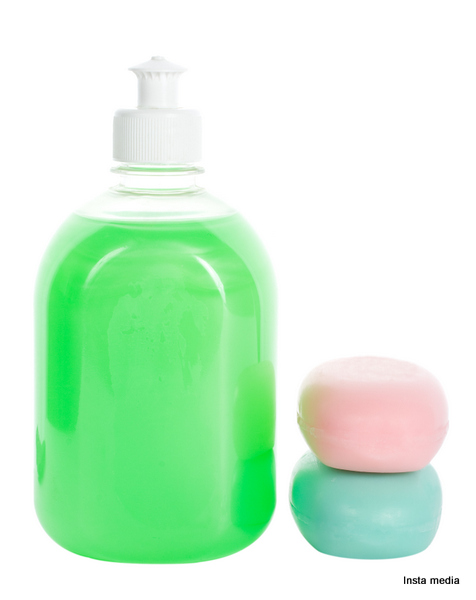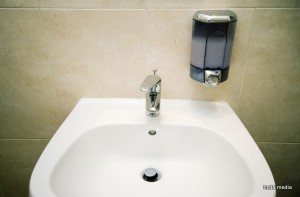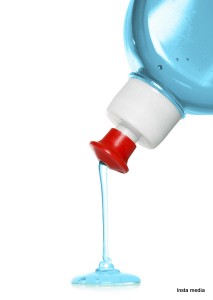The recent years have seen many people slowly transitioning from bar soaps to liquid soaps, body washes and cleansers. Most people who make the change feel that liquid soaps have a definite edge over the traditional bar soaps in terms of hygiene, usage and value.
But do any of these claims have any base to them? Are liquid soaps really much better than bar soaps in these (and supposedly more) categories? We don’t think so. And here are some points that make us feel the same.
Point #1: The ‘Hygiene Factor’ of Liquid Soaps
Many individuals feel that using liquid soaps would prevent the spread of impurities and germs from one person to another, due to which they feel that liquid soaps are more hygienic when compared to traditional bar soaps.
The truth is that bar soaps are equally hygienic and work in par with liquid soaps in washing away impurities from the body. A bar soap is essentially made up of two components, oil attracting molecules and water attracting molecules.
The oil attracting molecules work with the lather to pick up impurities from the body while the water attracting molecules wash away these impurities when you rinse your body after lathering. A liquid soap doesn’t do anything different from this as well. So why would you want to go for a liquid soap when you can get the same benefits from a bar soap?
Point #2: The ‘Moisturizing Factor’ of Liquid Soaps
Liquid soaps are known to contain moisturizers that are gentle on the skin and keep it hydrated, supple and radiant long after you have had a bath. While this may have been a major setback for bar soaps in the past, it is not considered a major hindrance today where most bar soaps contain moisturizing agents like natural oils and glycerin as well. So why pay the extra price for a liquid soap when you can take care of your skin with a traditional bar soap that is loaded with natural moisturizing agents?
Point #3: The ‘Health Factor’ of Liquid Soaps
Many argue that liquid soaps are healthier than bar soaps. Not likely! Traditional bar soaps stick to natural plant oils and animal fats (saponified) while liquid soaps contain petroleum and a whole lot of other chemicals as stabilizers and emulsifying agents. Liquid soaps need these chemicals to maintain their consistency.
And even though you may argue that these chemicals would have already been tested and passed off as not being harmful to the human body, you would need to accept the fact that most of the tests performed on these chemicals would be on a short term basis and that there would be no way to determine how these chemicals would affect the body in the long run.
Point #4: The ‘Usage Factor’ of Liquid Soaps
Some think that liquid soaps tend to last longer than bar soaps. On the contrary, it is the liquid soap that ends up being used up faster than a bar soap. The reason? People simply don’t know how much to use.
While you can stop using a bar soap as and when your body is covered with soap suds, you cannot predict how much liquid soap you would need to completely cleanse yourself. And this would result in you using up too much liquid soap at any one time (some people actually use more than twice the recommended amount).
Point #5: The ‘Environment Friendly’ Factor of Liquid Soaps
Using liquid soaps can also have its effect on the environment. For starters, using too much liquid soap would result in extra residue on the body that would need at least a couple of rinses to be removed, leading to the wastage of water (remember, some countries don’t have water even for their basic needs).
Another thing about liquid soaps is that they need heavy plastic packaging to be contained properly. And this would be detrimental for the environment in the long run (more plastic leads to more toxic landfills).




